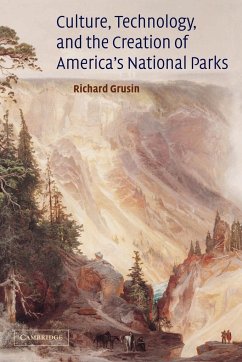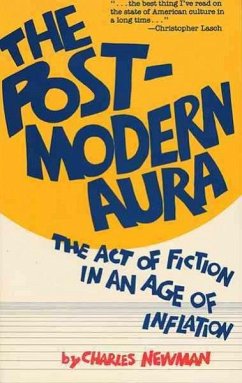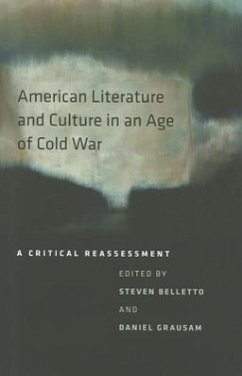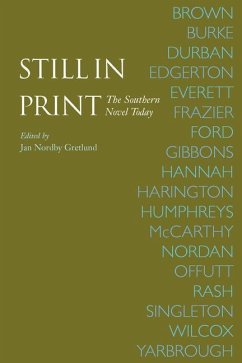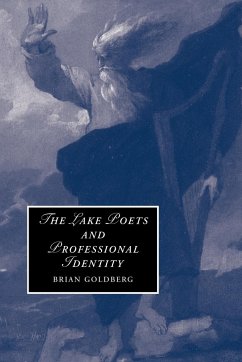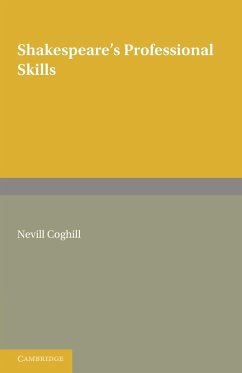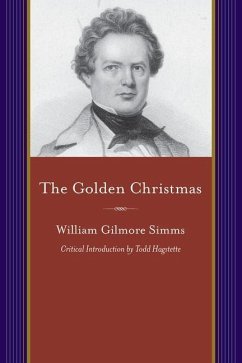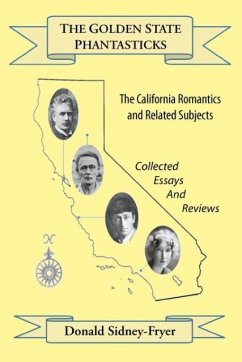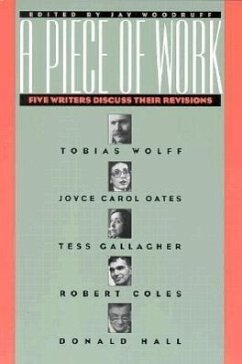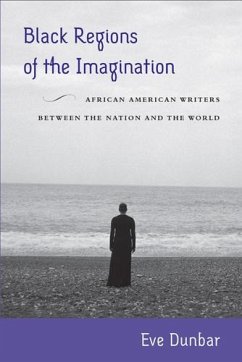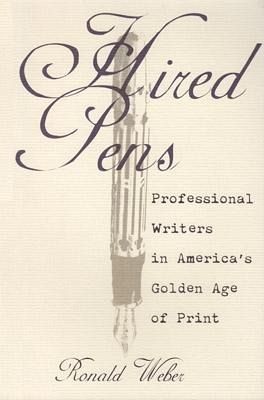
Hired Pens: Professional Writers in America's Golden Age of Print
Versandkostenfrei!
Versandfertig in über 4 Wochen
21,99 €
inkl. MwSt.

PAYBACK Punkte
11 °P sammeln!
Just as mass-market magazines and cheap books have played important roles in the creation of an American identity, those skilled craftsmen (and women) whose careers are the subjects of Ronald Weber's narrative profoundly influenced the outlook and strategies of the high-culture writers who are generally the focus of literary studies. Hired Pens, a history of the writing profession in the United States, recognizes the place of independent writers who wrote for their livelihood from the 1830s and 1840s, with the first appearance of a broad-based print culture, to the 1960s. Many realist authors ...
Just as mass-market magazines and cheap books have played important roles in the creation of an American identity, those skilled craftsmen (and women) whose careers are the subjects of Ronald Weber's narrative profoundly influenced the outlook and strategies of the high-culture writers who are generally the focus of literary studies. Hired Pens, a history of the writing profession in the United States, recognizes the place of independent writers who wrote for their livelihood from the 1830s and 1840s, with the first appearance of a broad-based print culture, to the 1960s. Many realist authors began on this American Grub Street. Jack London turned out hackwork for any paying market he could find, while Scott Fitzgerald's stories in slick magazines in the 1920s and early '30s established his name as a writer. From Edgar Allen Poe's earliest forays into writing for pay to Sylvia Plath's attempts to produce fiction for mass-circulation journals, Hired Pens documents without agenda the evolution of professional writing in all its permutations-travel accounts, sport, popular biography and history, genre and series fiction-and the culture it fed.



